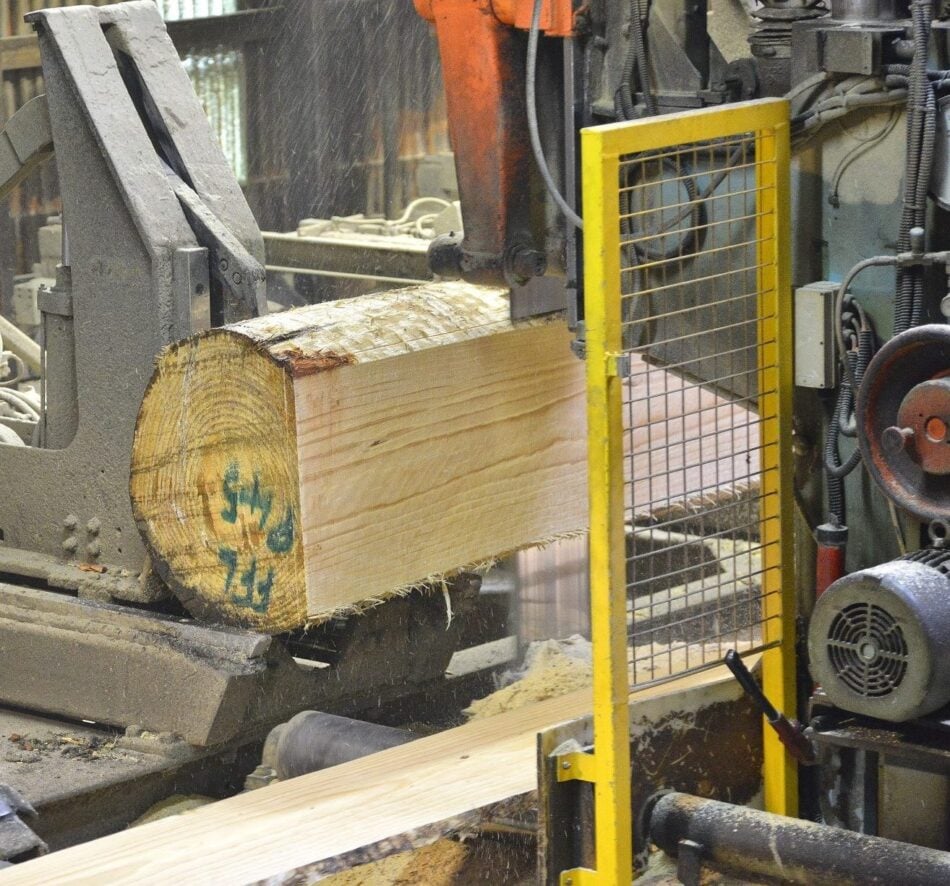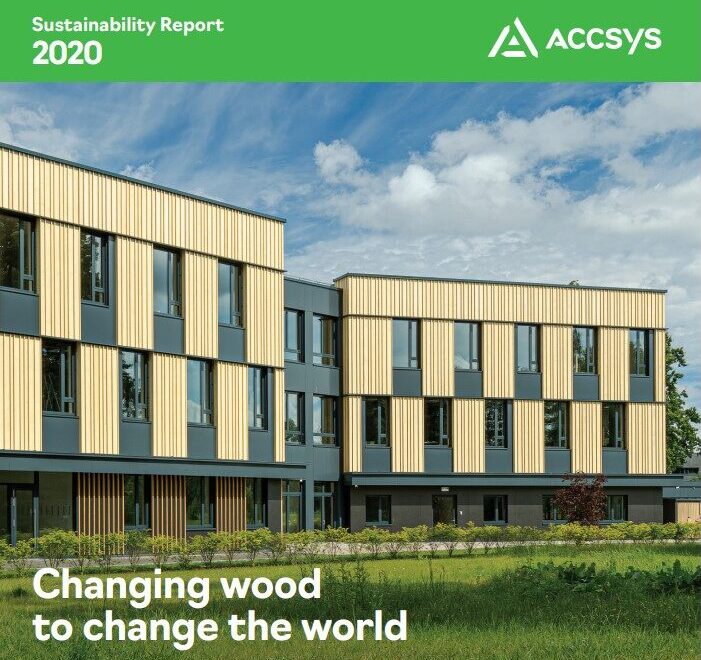
“Greenwashing” – Opinion Piece by Justin Peckham
You may have heard of the term “greenwashing”. A play on the term “whitewashing”, greenwashing is the process of conveying a false impression or providing misleading information about how a company’s products are more environmentally sound.
19.02.2021

Consumer Deception
Put simply greenwashing is consumer deception. And with consumers in the UK reportedly spending GBP 41 billion on ‘eco-friendly’ products, greenwashing is a growing problem.
This was highlighted last month by the Competition and Markets Authority (CMA) with a new probe into misleading environmental claims. The CMA will be actively investigating how products and services claiming to be ‘eco-friendly’ are being marketed, and whether consumers could be being misled. This will be on a global scale – to action this investigation the CMA has teamed up with the Dutch Authority for Consumers and Markets as part of a project with the International Consumer Protection and Enforcement Network (ICPEN).
Greenwashing can appear in a multitude of ways.
To really understand it I have listed several forms that it can take below.

Justin Peckham, Accsys Head of Sales for UK and Ireland

What about construction?
So, it’s clear that greenwashing is a real problem. That’s why I’m so encouraged by the CMA’s announcement. But one element immediately struck me given my role as Accsys Head of Sales for the UK and Ireland – the investigation has a special focus on certain industries, and unfortunately, construction isn’t one of them. The CMA is specifically looking at: (1) textiles and fashion, (2) travel and transport, and (3) fast-moving consumer goods. It’s perhaps interesting to note that these industries as well as being high profile is also very much consumer facing. It’s clear that the CMA is looking above all to protect consumers from being duped. This however shouldn’t detract from our collective responsibility within the construction industry to shine a light on not only the good but also the bad and ugly when it comes to brands making sustainability and eco-friendly claims.
Given the impact of COVID-19 on the construction industry over the last 10 months, it might be argued that we should now be concentrating our efforts on recovery. But few will have avoided the UK government’s mantra around ‘building back better’, (a line also used by the Biden camp in the recent presidential elections). This campaign extends to many areas of the UK economy including our health service and social care, but it isn’t hard to see the relevancy of the campaign when it comes to the construction industry. With social housing and green energy and infrastructure as cornerstones to the #buildbackbetter movement, the construction industry is front and centre in terms of delivering the government’s agenda. But whether you think the UK government is proposing nothing more than glib rhetoric and nice soundbites, it’s worth reflecting on why the construction industry needs to up its game? Some key statistics:
- 39% of global energy use is accounted for by building and construction
- 60% of the urban development required by 2030 is yet to be built
- 73% of people would change their habits to reduce their environmental impact
It’s clear therefore that our industry has a lot to achieve in the next decade. But what is certain is that we will all face increasing pressure from governments, and from customers to deliver products and services in increasingly sustainable ways. This must be done in an honest and transparent way or we run the risk of tarnishing a whole industry in the same way VW has tarnished the automotive industry.

Sustainability at Accsys
At Accsys sustainability is at the core of our offering and so I am potentially guilty of being more attuned to certain claims by construction industry brands that have less than green credentials. I’m not writing this piece to name names, but rather to suggest we all need to be collectively responsible in representing the construction industry in the right way.
No doubt some of the mis-selling that exists is not completely cynical. Terms such as ‘eco-friendly’ and sustainable are to some degree relative when compared to the other products in the same competitive set. What brands after all can truly say that they are 100% sustainable? It is also fair to say that the landscape and language relating to the world of sustainability is rapidly changing. What is certainly clear is that ambiguities over language and with government legislation not keeping up with the sustainability landscape, a ‘wild west’ scenario has been created where brands and businesses can come and go, saying what they like on the subject of sustainability with very little risk of repercussion.
Now is time for us all to lead by example, and to set a higher benchmark for the construction industry. In this vein, I’m pleased to announce the launch of the Accsys 2020 Sustainability Report which sets out our sustainability strategy and well as setting a raft of goals and objectives for us to go after in the months and years to come. Most importantly perhaps, is our commitment to transparency and the usage of accurate language and data points, ensuring that our customers really understand our products and the environmental credentials they deliver. It’s an important decade ahead for the construction industry as together we build back better.
Let’s make sure we avoid greenwashing at all costs and be an example to other industries here and around the world.
Where to Buy
You can buy Accoya and Accoya products from our selection of distributors or manufacturers in your region. Use our map search tool to find your nearest Accoya supplier.